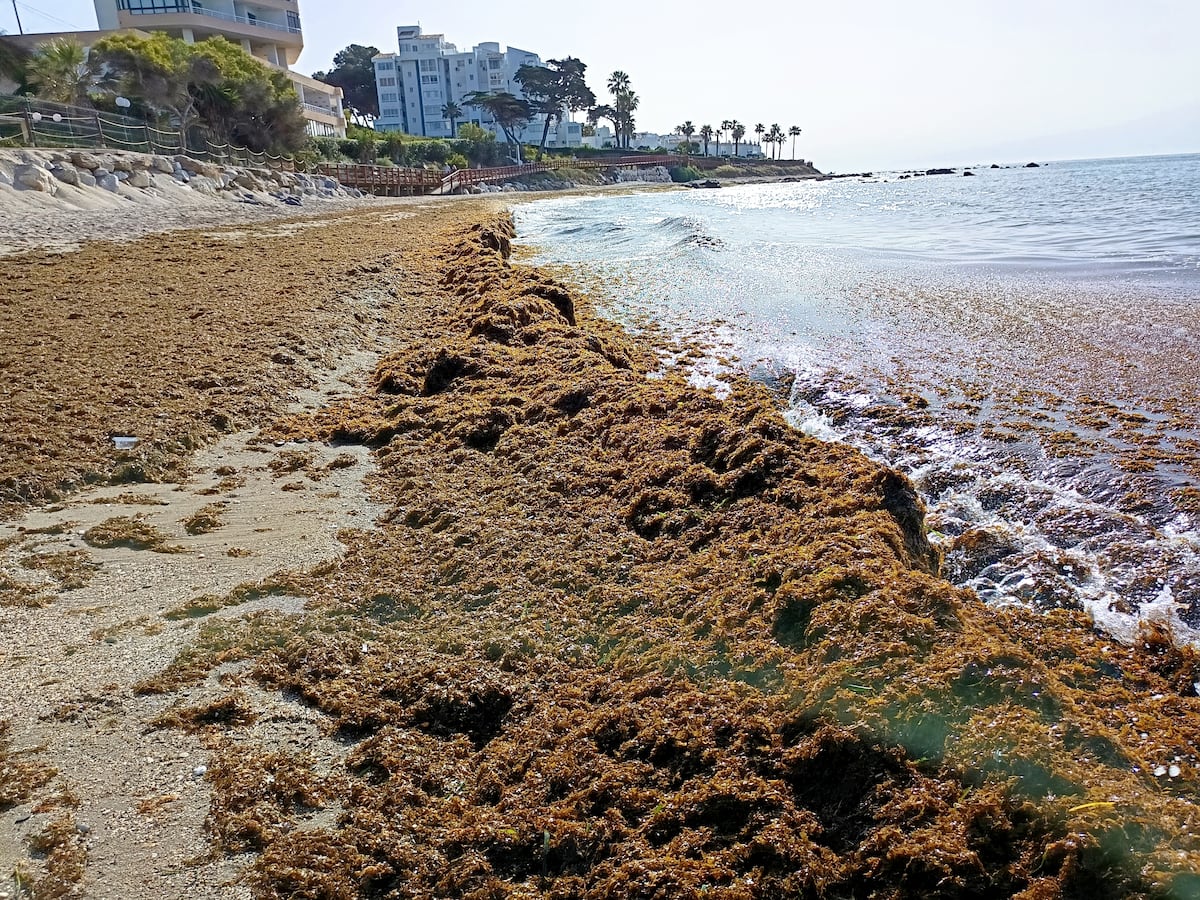#marine-ecology
#marine-ecology
[ follow ]
fromBerlin Art Link
6 months agoShows to See in September 2025 | Berlin Art Link
Since its first edition in 1987, the Sea Art Festival has become one of Busan's most important art events. Against a coastline backdrop, the festival uses its unique format to reinterpret its natural surroundings, explore diverse marine ecological issues and through its collaboration with local fishing communities, bring the public closer to art. Titled 'Undercurrents: Waves Walking on the Water', this year's edition returns to Dadaepo Beach and surrounding areas, thematizing the invisible forces operating beneath the surface, both ecologically and culturally.
Arts
fromMail Online
6 months agoSeabirds poo once every 4 MINUTES - how to avoid getting splattered
According to a team from the University of Tokyo, the animals poo every four to 10 minutes. However, the birds only 'go' while airborne - so if you want to avoid getting splattered, it's best to steer clear of any birds overhead.
Science
Coronavirus
fromwww.theguardian.com
8 months agoIt's death by a thousand cuts': marine ecologist on the collapse of coral reefs
Coral reefs face extreme threats from climate change, pollution, and overfishing, risking the future of marine biodiversity.
Loss of coral reefs could lead to significant ecological and environmental consequences, impacting biodiversity.
[ Load more ]

